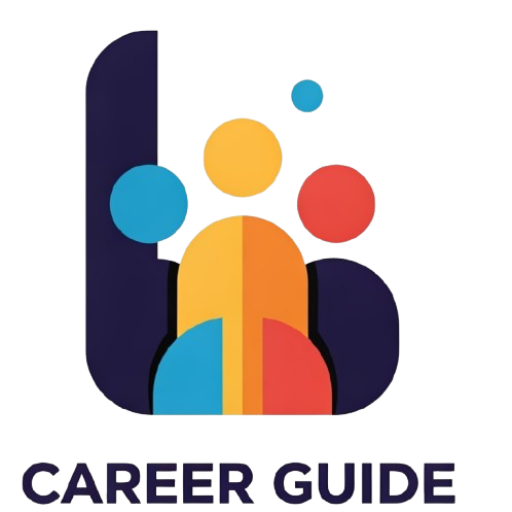As a college student, preparing for a competitive job market is crucial. With 10 million students graduating every year, landing your dream job or internship at a top company requires more than just academic knowledge. Software certifications and standout projects can significantly enhance your resume and help you differentiate yourself from other candidates.
To help you get started, we’ve compiled a list of software certifications that are particularly valuable for college students and fresh graduates. These certifications are based on job and internship postings by multinational companies like Deloitte, IBM, Russell Investments, Rackspace Technology, and Cognizant. While not always mandatory, certifications can provide a competitive edge that increases your chances of success. Let’s dive into the details!

Why These Certifications?
When reviewing job postings, you’ll often notice phrases like “Certification preferred” or “Skill preferred,” signaling that candidates with relevant certifications are at an advantage. Our list focuses on software-related certifications, as students often struggle to choose the right ones after finishing college. These certifications are aligned with the latest industry demands and trends.
Recommended Certifications
1. Programming Languages: Java / Python
Proficiency in a programming language is an invaluable asset for aspiring software professionals. While many programming languages exist, Java and Python are in high demand due to their versatility and widespread use.
Mastering either of these languages will enhance your resume and boost your employability across software companies.
2. Database Systems: SQL Basics / Oracle
In today’s data-driven world, knowledge of database systems is essential. SQL and Oracle courses teach you to create and manage databases—skills that are valuable not only in software companies but also in industries like finance and healthcare. Mastering database systems ensures you can contribute to strategic, data-based decision-making processes.
3. Cybersecurity: CEH / OSCP
With the rise in data breaches and cyberattacks, companies are prioritizing robust cybersecurity measures. Certifications like Certified Ethical Hacker (CEH) and Offensive Security Certified Professional (OSCP) equip you with skills in ethical hacking, network security, and data protection.
For a globally recognized certification, consider exploring options from the Global Information Assurance Certification (GIAC) body, which is highly valued by leading software giants.
4. Cloud Services: AWS Certification
Cloud computing skills are in high demand. The AWS Certified Cloud Practitioner certification is an excellent starting point for students. It’s affordable (around $100) and offers foundational knowledge of cloud services. Once completed, you can pursue advanced AWS certifications to deepen your expertise.
5. Software Development: SDLC Certification
A Certified Software Development Life Cycle (SDLC) course teaches you the end-to-end process of software development—from design and implementation to maintenance. This knowledge is essential for creating robust, scalable software.
6. Scrum Fundamentals
Agile methodologies, like Scrum, are widely used in project management within software companies. This certification teaches you to efficiently deliver projects using tools like Jira, Scrum Desk, and Miro. Understanding Scrum principles demonstrates your ability to work effectively in team-oriented environments
7. CompTIA A+ Certification
The CompTIA A+ certification is an excellent entry-level course for budding IT professionals. It covers the fundamentals of networking, hardware, software, and security, making it a well-rounded choice for those starting their tech journey.
8. English Proficiency: British Council Courses
Finally, mastering communication is just as important as technical expertise. English courses offered by the British Council, available online or offline, can help you build the confidence to excel in interviews and group discussions.
Conclusion
Adding certifications to your resume is a strategic way to stand out in a highly competitive job market. From programming languages to cybersecurity, these certifications cover diverse domains that align with industry requirements. Start early, choose the courses that match your interests and career goals, and take the first step towards a successful future.
Good luck with your journey to securing your dream job!

